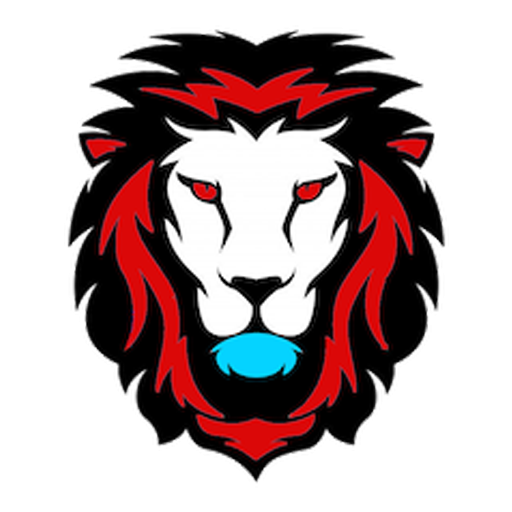The Situation: Alfred was the leader of a large HR function for a Fortune 500 retail company. He had recently been promoted into the role and had a new team of fourteen direct reports. The HR leadership team had a history of interpersonal conflict and issues with trust. Leaders were constantly on their guard and suspicious that their peers would try to steal their ideas or interfere with their lines of business. This caused tremendous friction and discord with his leaders. He needed to build stronger relationships across the team and cultivate a culture of trust.
The Intervention: I met with Alfred three months after he was promoted into his new role. We discussed some of the challenges he was experiencing with his people. The rampant infighting and turf wars. The interpersonal conflict and lack of trust. The difficulty getting his entire team in the same room to work through issues collectively. After reviewing our options for a team intervention, we decided to put the entire team through a leadership development process focusing on improving their social and emotional intelligence.
We designed a two-day off-site retreat that would: a) focus on building a deeper understanding of their social and emotional intelligence; b) leverage their personal insights and learnings to drive greater relationship building with one another; and c) establish a culture of trust and mutual respect across the team. Prior to the off-site, it was important to get a baseline understanding of their current social and emotional intelligence levels. We administered the Bandelli Social and Emotional Intelligence Inventory™ to all fourteen direct reports. Alfred felt it was important to model the right behaviors, so he also took the instrument to demonstrate his personal commitment to development.
Our model and approach to social and emotional intelligence consists of four dimensions: a) establishing rapport – the process of building sustainable relationships of mutual trust, harmony, and interpersonal understanding. Rapport is often viewed as a starting point for developing trust and influence with others by using empathy and respect to create an environment of mutual understanding; b) understanding differences – the ability to develop a favorable reception and opinion towards other people or situations that are different from one’s culture, background, and experiences; c) developing trust – the willingness of an individual to be open to the actions of another party based on the expectations that the other party will perform a particular action important to the trustor, irrespective of the ability to monitor or control that other party; and d) cultivating influence – the use of non-coercive influence to direct and coordinate the activities and actions of others in order to accomplish organizational objectives. Cultivating influence is about a leader’s ability to communicate a well devised vision of the future, build trust among colleagues, and take effective action to accomplish organizational objectives. The Bandelli Social and Emotional Intelligence Inventory™ is designed to assess these four dimensions and provide leaders with a deeper understanding of their social and emotional intelligence.
After the leaders completed the Bandelli Social and Emotional Intelligence Inventory™, we provided individual feedback to each team member. This took place before the two-day retreat. We did this so that coming into the off-site every leader would have a thorough understanding of their own social and emotional intelligence. Day one of the off-site focused on going through the competency dimensions and how it applies to effective HR leadership. We spent a lot of time on developing trust and cultivating influence, two behaviors that this team struggled with the most. We also spent part of the day going through the Bandelli Social and Emotional Intelligence Inventory™ and took the team through some exercises that got them to share some of their scores, insights, and reflections based on their individual feedback sessions. Day two of the off-site focused exclusively on relationship building and strengthening the team dynamics. We started with a trust building exercise that got leaders to open up more to one another. They discussed their life stories and some of the experiences that taught them about effective leadership. We then spent part of the day focusing on establishing team norms and rules of engagement. These were the behaviors and ways in which team members would communicate with one another moving forward. We closed the retreat with lessons learned from the process and one or two developmental goals they would focus on over the next six months.
The Outcome: Alfred was able to strengthen communication and trust across his HR leadership team. He understood the stakes at hand and took action to rebuild the relationships and camaraderie on the team. Through the use of the Bandelli Social and Emotional Intelligence Inventory™ and building a strong two-day leadership development retreat, we were able to help the team move pass some of their challenges and conflicts. Alfred understood the power of leadership development. He was committed to helping his team strengthen their social and emotional intelligence. This not only made them better colleagues, but also helped to strengthen their leadership capabilities with their own teams.
For more information on leadership development retreats and the Bandelli Social and Emotional Intelligence Inventory™, contact Bandelli & Associates at abandelli@bandelliassociates.com.
Leadership Matters. Without It, People Fail.


